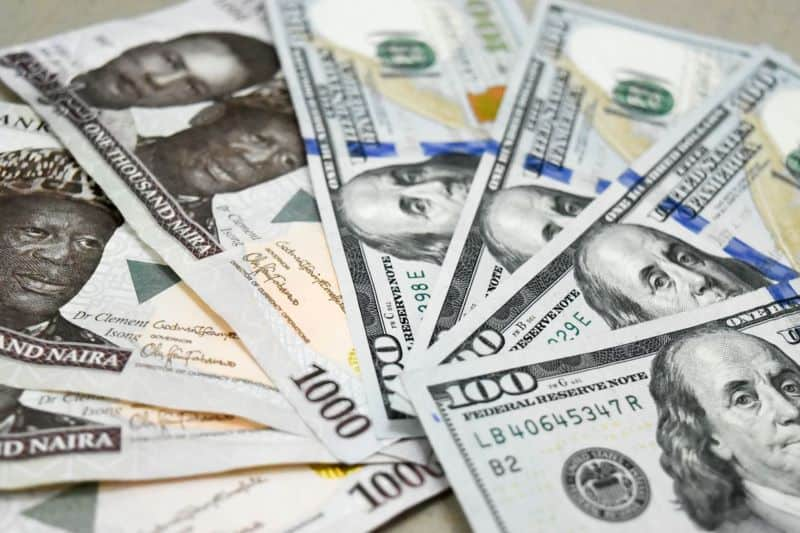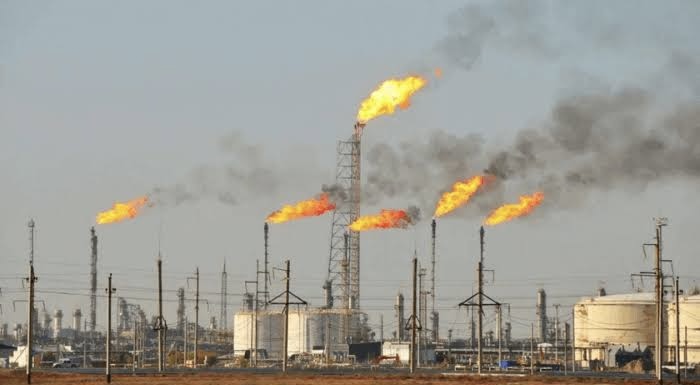The naira ended 2024 down 40.9% against the dollar, closing at ₦1,535 despite President Tinubu’s positive economic outlook and rising foreign reserves.
This decline highlights ongoing challenges in Nigeria’s forex market.

As 2024 drew to a close, Nigeria’s currency market faced a harsh reality, with the naira losing 40.9% of its value against the dollar in the official market.
On December 31, 2024, the dollar traded at ₦1,535, sharply declining from ₦997 on the same day in 2023, highlighting the ongoing challenges in stabilising the currency.
However, despite this, President Bola Ahmed Tinubu remained optimistic in his New Year message, highlighting positive economic indicators.
He stated, “Economic indicators point to a positive and encouraging outlook for our nation,” citing decreases in fuel prices, foreign trade surpluses, and the naira’s strengthening against the dollar as signs of progress.
Furthermore, the naira’s decline occurred against the backdrop of rising external reserves.
Read Also: Direct FAAC Allocations To Be Disbursed To Local Councils From 2025
Nigeria’s reserves grew by 24.2%, reaching $40.88 billion by December 30, 2024.
Capital inflows, particularly portfolio investments, surged, with October inflows jumping to $1.89 billion, up from $0.40 billion in September.
In addition, Governor of the Central Bank of Nigeria, Olayemi Cardoso, pointed out that the country had implemented significant reforms to unify the exchange rate, eliminate distortions, and restore transparency.
He also announced plans to introduce an electronic FX matching system aimed at improving market stability.
Despite these positive developments in reserves and inflows, the naira’s sharp depreciation reflected continued demand pressures in the foreign exchange market.
Ultimately, Nigeria’s journey toward a stable currency continued, with optimism tempered by the challenges still facing the economy.

